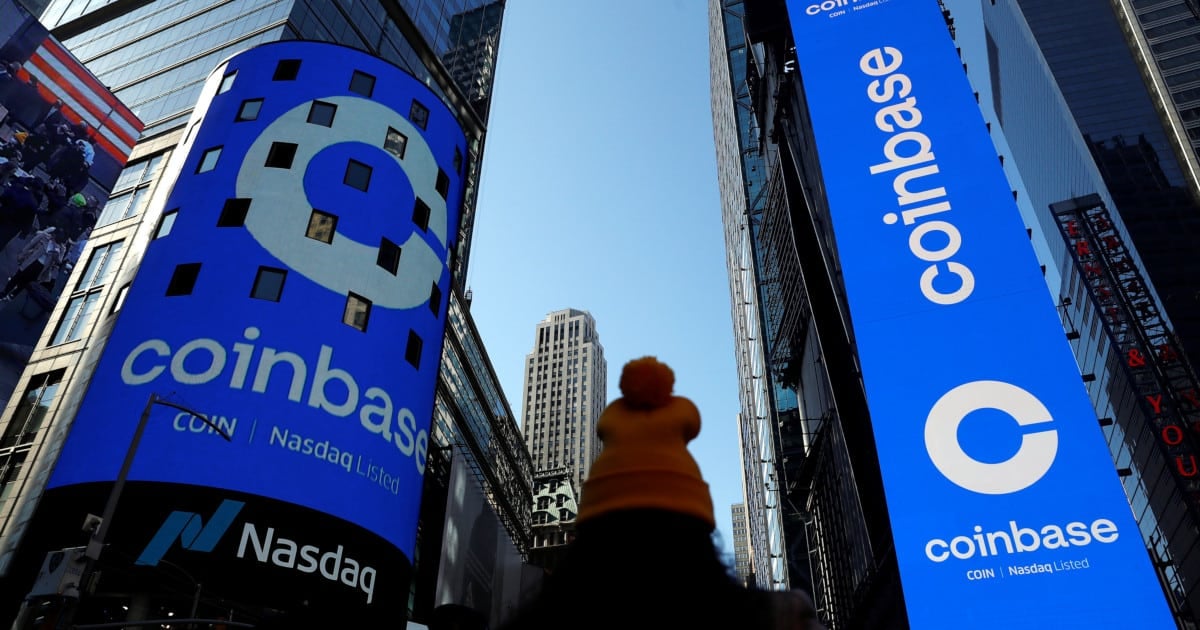OneCoin’s Ponzi founder learns his fate. Coinbase, Telegram, and MetaMask have all introduced new features that will return Bitcoin miners $500,000 in transaction fees. This week we bring you these stories and more in cryptocurrency.
$4 billion Ponzi founder sentenced to 20 years in prison
Karl Sebastian Greenwood, co-founder of the $4 billion OneCoin Ponzi scheme, has been sentenced to 20 years in prison for his role in one of the largest cryptocurrency frauds. Greenwood pleaded guilty to creating fraudulent cryptocurrencies with business partner Ruja Ignatova, known as the ‘Crypto Queen’. The judge labeled OneCoin a ‘classic scam’, highlighting its lack of a blockchain, physical token or trading marketplace.
TON approved by Telegram
The TON token rose 6% in just 30 minutes after global messaging service Telegram endorsed the TON Network as its preferred Web3 infrastructure blockchain. The TON cryptocurrency wallet, already available as a Telegram bot, will soon be integrated into the app for all 800 million users, offering network-exclusive promotions in the interface.
Big news about Coinbase and Lightning
Coinbase announced that it will begin supporting the Lightning Network, Bitcoin’s layer 2 solution that significantly improves the scalability and practicality of everyday payments. The integration dramatically improves transaction speeds and lowers transaction fees with the platform. Coinbase began exploring Lightning support in August, and CEO Brian Armstrong also praised Bitcoin as “cryptocurrency’s most important asset” when announcing its launch.
Added new features to MetaMask wallet
Consensys, creator of the popular cryptocurrency wallet Metamask, is launching a new feature called MetaMask Snaps. The new feature allows users to choose from a wider range of apps developed by third parties. MetaMask also began allowing users to convert cryptocurrencies to major fiat currencies last week. Because now users in the US, UK, and EU can sell Ether directly.
FTX Fallout Continues
Genesis, a cryptocurrency trading company hit by the FTX cryptocurrency collapse last year, has suspended all trading operations. After announcing the closure of its US desk last week, the company has now confirmed it is also closing international trading. A company statement called the move a voluntary business decision and said Genesis would no longer provide trading services through the business.
What’s Backing PayPal’s Stablecoin?
Paxos, PayPal’s stablecoin partner, has released a transparency report on its PYUSD reserves. According to the report, the dollar-pegged token is backed by $43 million in Treasury bills and $1.5 million in cash reserves. Paxos emphasizes the safety of overcollateralization to minimize the risk of loss, while also emphasizing collaboration with other banks such as BMO Harris, Customers Bank, and State Street.
FTX allows selling digital assets.
Bankrupt exchange FTX has been given permission to sell $3.4 billion worth of digital assets, including $1 billion in Solana, $560 million in Bitcoin, and hundreds of millions of dollars in various other altcoins. The assets are currently managed by Bitgo and no direct public market sales are planned, but some companies have already expressed interest in purchasing the assets publicly.
Bitcoin Miner Returns $500,000 in Mining Fees
The Bitcoin community noticed BTC transactions paying $500,000 in transaction fees and moving only about $2,000, while the average network fee at the time was only about $2. Miners take a publicly offered fee to refund errors. It took several days for Paxos to announce that it had made a mistake with its servers. Blockchain data verifies the return of funds.

